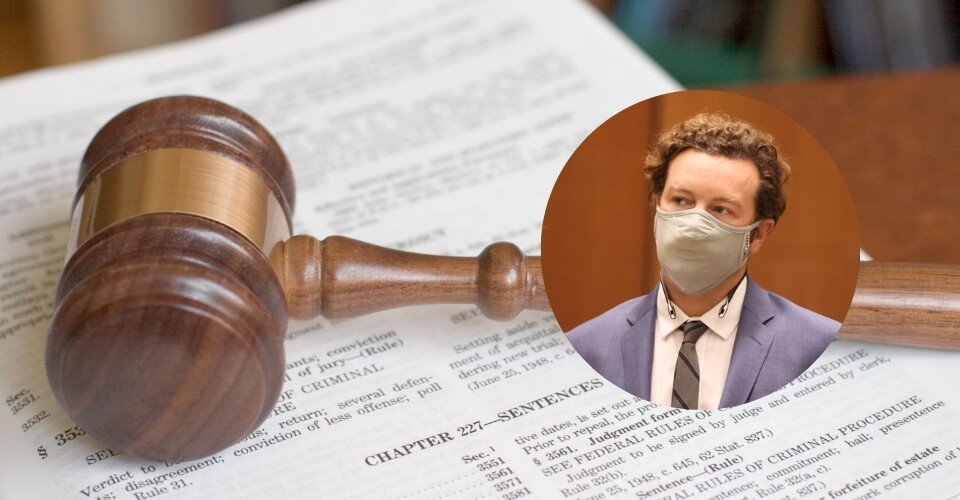The recent conviction of actor Danny Masterson serves as a stark reminder that, in the eyes of the law, no one is immune to accountability for their actions, regardless of their status or power.
The #MeToo movement, which has exposed numerous instances of sexual assault and misconduct, has made it clear that such behavior will not be tolerated, and Masterson’s case is a testament to this.
Danny Masterson was found guilty of drugging and raping multiple women between 2001 and 2003. For his offense, Danny Masterson was sentenced to 30 years to life in his recent trial, which means that the actor can only be released on parole after spending 30 years in prison. However, Masterson will not be given parole if his conduct is unsatisfactory in these 30 years.
What Does 30 Years to Life Mean?
“30 years to life” is a legal term that typically refers to a prison sentence in the United States. It means that an individual who has been convicted of a crime is sentenced to a minimum of 30 years in prison before they become eligible for parole or early release.
After serving the minimum 30-year term, the individual may have the opportunity to appear before a parole board to determine whether they should be released on parole.
The “to life” part of the sentence signifies that the individual could potentially remain in prison for the rest of their life if they do not receive parole or if they are not granted early release for good behavior.
In some cases, individuals sentenced to “30 years to life” may eventually be released on parole after serving the minimum term, while others may serve longer sentences or even life imprisonment if they are not granted parole.
In Masterson’s case, the actor, who has been convicted of rape charges, would typically be eligible for parole after serving the minimum sentence of 30 years, provided he exhibits good conduct during his imprisonment. A Parole is a conditional release from prison that allows an inmate to serve the remainder of their sentence under supervision in the community.
However, in some cases, individuals serving lengthy sentences may be denied parole and continue to serve their sentences in prison, potentially for the rest of their lives. Each case is assessed individually, and parole decisions are made based on a variety of factors, including legal statutes and parole board assessments.
Why Was Danny Masterson Convicted?
Danny Masterson, widely recognized for his role in the hit TV series “That ’70s Show,” has been handed a substantial prison sentence of at least 30 years for the rape of two women in his Hollywood Hills residence more than two decades ago.
The actor, whose conviction in May was based on charges of drugging and sexually assaulting fellow members of the Church of Scientology between 2001 and 2003, will serve consecutive sentences of 15 years to life for each rape conviction. Despite Masterson’s continued claims of innocence, Judge Charlaine Olmedo delivered the sentence.
Additionally, Masterson, who is married to actress Bijou Phillips and has a nine-year-old daughter, will be required to register as a sex offender for the duration of his life upon his eventual release from the sentence.
For the unversed, this is Masterson’s second rape trial. The first trial, which concluded in a mistrial last November after the jury couldn’t reach a unanimous decision, led to this retrial.
In this retrial, Masterson was convicted in May for drugging and raping two women who were members of the Church of Scientology between 2001 and 2003 at his Hollywood Hills residence.
However, the jury remained deadlocked on another rape charge involving a third woman. As a result, that particular charge was ultimately dismissed.
While some may argue that individuals with power or influence can evade legal consequences, Masterson’s case demonstrates that the legal system is designed to uphold justice and protect victims.
Let us know your thoughts on this! Also, what is your take on Bijou’s reaction to her husband’s sentence?
Write to us below!

